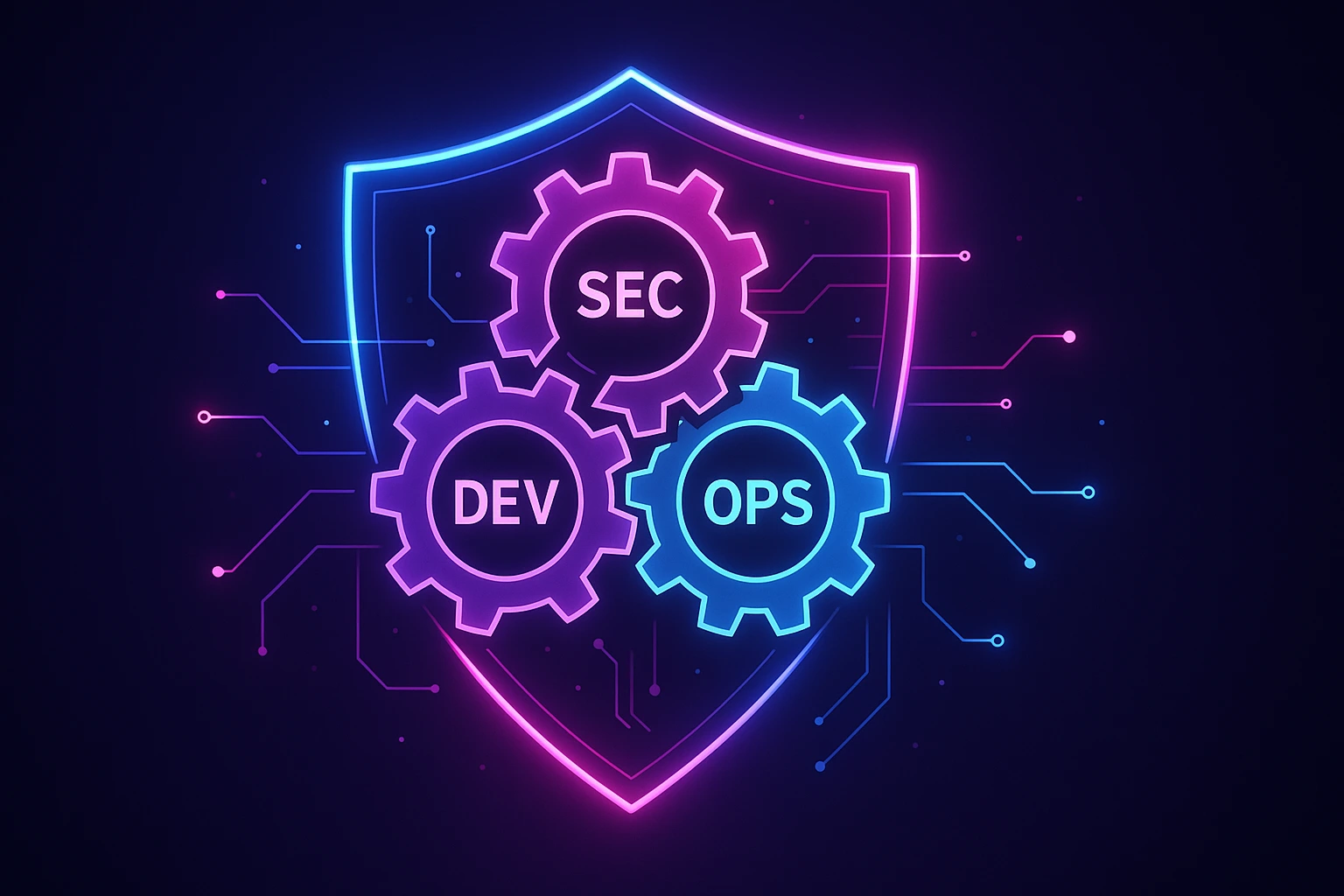SALESFORCE CODING
Salesforce coding is one of the most important aspects of providing effective enterprise Salesforce release management, Salesforce data backup and recovery, and Salesforce security solutions. As a Salesforce staff, you must ensure that your code is clean, reliable, and secure to maximize the value of your solutions. Here are eight key pointers to help you produce and maintain high-quality Salesforce code.
1. Use Automated Tests
Creating an automated unit testing process is the best way to ensure that any changes you make do not break existing code. Automated testing ensures that your system works exactly as intended and helps you identify errors quickly and easily.
2. Use Comments
Adding comments to your code can help you understand what your code is doing and can make it easier for other developers to move forward with future updates. Clear and concise comments also make it easier to debug issues and ensure that solutions are delivered on time.
3. Keep it Clean
Salesforce coding is not an exact science, and there is often more than one way to accomplish a given task. Poorly written code can cause a variety of issues, from tears of hair due to debugging time to major security risks. Carefully evaluate your code to ensure that it is well-structured and efficient.
4. Use Frameworks
Using proven Salesforce frameworks is a great way to save time and eliminate potential problems. Frameworks provide a set of standard solutions for common tasks and are optimized to provide the best performance and security. Make sure to take the time to select the best framework for your project and understand how it works.
5. Follow Industry Standards
Following industry standards will help maintain the integrations and mitigate future technical debt. Familiarizing yourself with the most popular conventions can save time and money in the long run; it also sets your code up for success if you plan on using or offering it on the AppExchange.
6. Utilize Best Practices
Be sure to familiarize yourself with Salesforce coding best practices to ensure that your code is clean, efficient, and secure. These best practices include key pieces of advice like avoiding hard coding credentials, avoiding global variables, and using the latest secure coding techniques.
7. Monitor Performance
Keep an eye on the performance of your code to make sure that it is performing optimally. Over time, code can start to perform slower or be inefficient due to outdated frameworks, excessive code bloat, or code that is too complex for the task.
8. Take Security Seriously
Be sure to pay extra attention to security when coding for Salesforce. Security is always a key concern, and it can expose organizational data to serious risks if you don't take it seriously. Familiarize yourself with the latest security protocols and be sure to follow all security best practices.
By following these tips, you can rest assured that your Salesforce coding will meet enterprise standards and that users will be provided with a secure and reliable solution. Take the time to familiarize yourself with the latest industry standards and best practices to ensure that your code will be well-structured, efficient, and secure.
Topics: Salesforce training, Salesforce support
Thank you for subscribing








